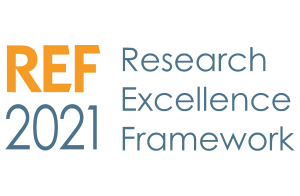
Professor Richard Holliman, The Open University.
The Research Excellence Framework is an exercise in identifying and rewarding excellence in research. It is, of course, also about resource allocation and therefore longer-term planning for research.
Hence, whether we like it or not, REF 2021 (like research assessments before it) will result in cultural and organisational changes in UK universities. For those who do well, REF 2021 will lead to changes, effects and (we hope) benefits to the ways these UK universities, Units of Assessment (UoAs) and the researchers working for them conduct research, and how they engage with non-academic beneficiaries and derive social and/or economic impacts from it. For those who do badly, research will have to be funded from sources other than QR; either that or this work could be de-prioritised.

Research Excellence Framework – REF 2021.
Given the power of the REF to shape research priorities, it is important that the assessment system is equitable, and that the guidance promotes rigour, fairness, transparency and consistency. Although it doesn’t specifically say so in the documentation, it seems reasonable to assume that the current REF 2021 Consultation is an attempt to promote these principles.
It’s fair to note up front, therefore, that this post is prompted by some significant concerns about the current guidance and what it could mean, in particular, for the research impact agenda.
My principle concern in what follows is that the REF should not be about ‘boundary work’; setting up de facto restrictive practices prior to the assessment process that unfairly favours one set of impact-generating practices over another.
Continue reading →










